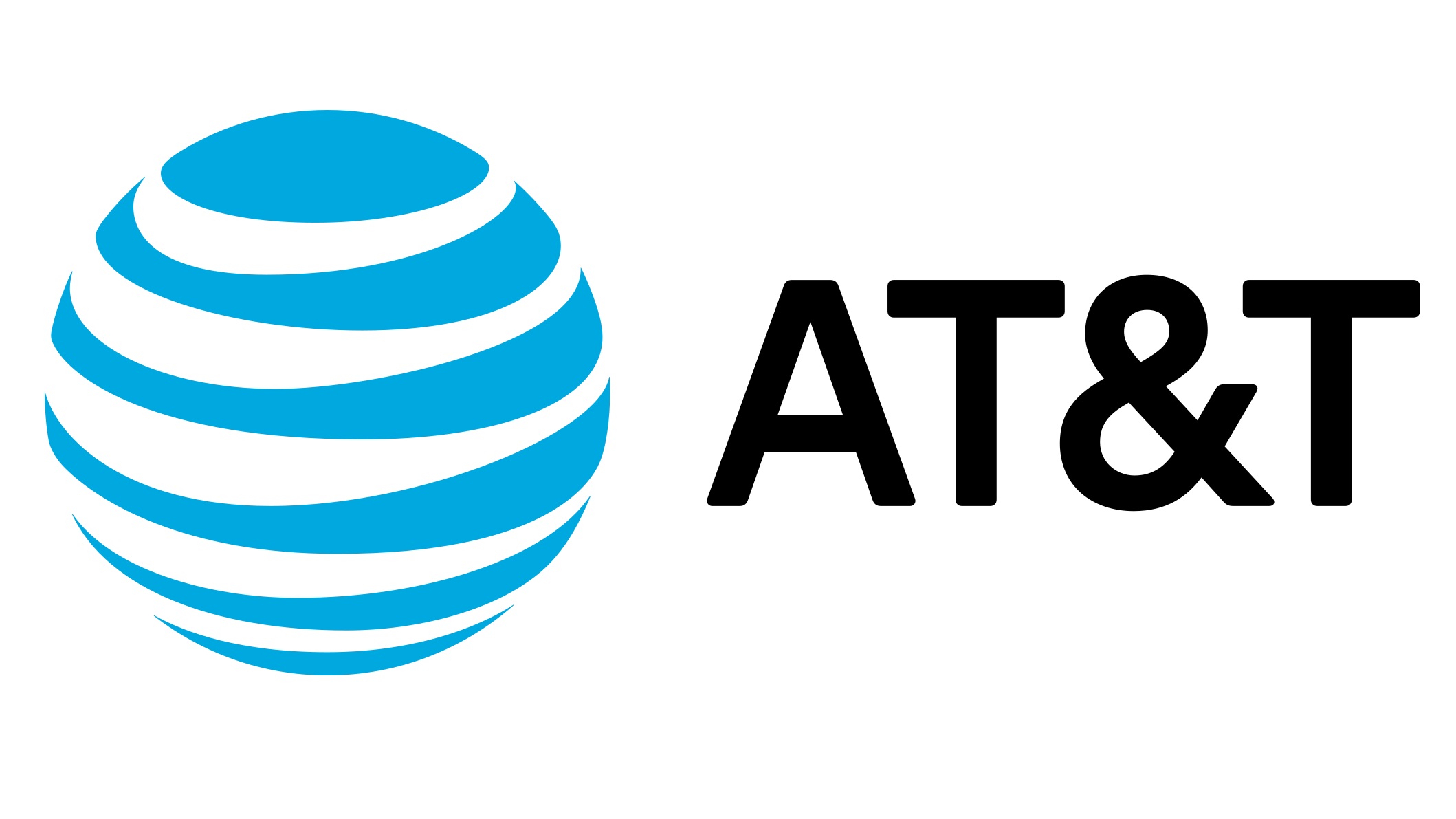DOJ Maps Out Plan for AT&T-Time Warner Appeal
The smarter way to stay on top of the multichannel video marketplace. Sign up below.
You are now subscribed
Your newsletter sign-up was successful

The U.S. Department of Justice has given a heads up on its plans to appeal the June U.S. District Court decision that paved the way for the completion of AT&T’s $108.7 billion merger with Time Warner, claiming in a court filing that the presiding judge in that case ignored “fundamental principles of economics and common sense,” in approving the deal.
U.S. District Court Judge Richard Leon ruled on June 12, after a six-week trial that the government had failed to prove its case that the merger would not be in the public interest.
Related: AT&T Completes Time Warner Purchase
AT&T completed its merger with Time Warner two days later, on June 14, but agreed to hold the Turner assets, including CNN, TNT and TBS, separately until Feb. 28, 2019, in case the Justice Department decided to launch an appeal.
Leon had urged the government not to appeal his decision, but on July 12, Justice said it would seek to have his ruling overturned.
In a brief filed with the U.S. Court of Appeals for the District of Columbia Circuit Monday, Justice said that most vertical mergers are pro-competitive or competitively neutral, but AT&T-Time Warner is different in that it would meld a top programmer and distributor.
“This merger’s combination of Turner’s competitively significant programming content with the vast distribution footprint of DirecTV, among other circumstances, makes this the exceptional vertical merger whose effects are to lessen competition substantially,” DOJ said in its filing.
The smarter way to stay on top of the multichannel video marketplace. Sign up below.
DOJ had argued in the past that the merger would allow AT&T to substantially raise prices, would increase the potential for programming blackouts and would give AT&T an advantage over other distributors. All of those arguments were rejected by Judge Leon.
Related: Justice Pushes for Expedited AT&T-Time Warner Arguments
But DOJ said the Judge failed to recognize a fundamental principle of business: that companies would do everything possible to maximize profits.
“The district court’s determination that Time Warner would not exercise increased bargaining leverage post-merger also erroneously rejected evidence that a merged AT&T-Time Warner would maximize profits of the firm as a whole by imposing higher programming costs on rival distributors,” DOJ said in the filing. “The court’s analysis rested on a fundamental misunderstanding of the principle of corporate-wide profit maximization: it treated the principle as a question of fact that must be proved ‘reasonable’ in light of the record evidence.”
AT&T has vowed to fight the appeal, and in a statement showed no signs of giving up the battle.
“Appeals aren’t ‘do-overs,’” said AT&T general counsel David McAtee in a statement. “After a long trial, Judge Leon weighed the evidence and rendered a comprehensive 172-page decision that systematically exposed each of the many holes in the Government’s case. There is nothing in DOJ’s brief today that should disturb that decision.”
AT&T is expected to file its own brief with the D.C. Circuit by Sept. 20. Both sides are scheduled to submit final briefs in October, at which time oral arguments would begin.
